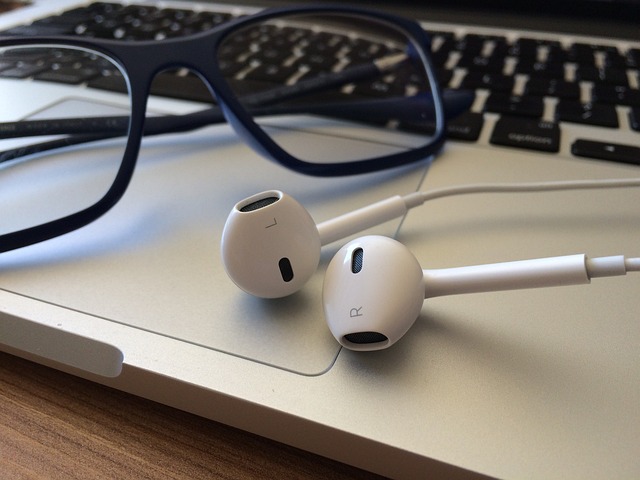- Branching Scenario: Nursing
- Podcast: Models and Theories of Nursing
- Video: Interdisciplinary Module
- Video: Patient Counselling
The master's students researched forms of simulation-based teaching and learning using the example of virtual branching simulations, known as branching scenarios. They developed case scenarios based on authentic professional situations. In the scenarios, the students are asked to make decisions and receive feedback after making a decision. This leads to individual learning paths. This gives students the opportunity to experience the consequences of their decisions in a protected learning environment.
To make these scenarios virtually available, the master's students filmed sequences of professional situations and programmed them with the corresponding branching decision options. In this way, they developed their own branching scenarios. They also evaluated the virtual branching simulations in a peer review process and finally tested them in vocational schools for healthcare professions. The Master's students thus gained initial experience in the design and application of simulation-based learning environments and can derive consequences for their vocational training practice from the feedback provided by the trainees.
To get a little insight into the students' work, start the virtual simulation and slip into the role of nursing student Paula.
Scenario released in German

In the module ‘Models and Theories of Nursing’, students have created a podcast. This gives other interested parties the opportunity to listen in, regardless of time and place, to find out what the terms “models” and ‘theories’ mean, what the differences are, and why this is relevant to everyday nursing practice.
The podcast was created by aspiring nursing scientists Sarah Fabisch and Juliane Weser and is freely available for practical and teaching purposes.
released in German
Module coordination: Anja Herzog
In the interdisciplinary module ‘Healthy and Social Spaces of the Future’ (summer term 2022), students from various disciplines developed final presentations on the topic ‘Spaces of mourning – as individual as they are diverse’. The students addressed topics such as children's hospices, alternative places of mourning and funerals, grief processing and coping, funeral culture and suicide.
The video ‘Change in Funeral Culture’ was created by aspiring urban planners and is freely available for practical use and teaching.
Video released in German
Module coordination: Prof. Juliane Noack Napoles (Erziehungswissenschaften) / Marco Dippner (Therapy Sciences Degree Programme)
Module developed by: Gabriele Weineck (Institute for Health) and Katharina Roesler-Istvánffy (Institute for Social Work)
In nursing education and practice, the question may arise as to which measures are considered to be restrictive of freedom and under what circumstances they may be applied. Master's students have worked with the Independent Patient Advice Service Germany to produce a video that reflects on and discusses key aspects using an example. Many thanks to Raquel Reng from the Independent Patient Advice Service Germany for her cooperation.
The video released in german is freely available for practical and teaching purposes.
Module coordination: Department Health Sciences
If you activate the integrated Youtube videos, you consent to the transfer of personal data to the provider and to the use of cookies to save the setting. Information of the BTU on data protection

